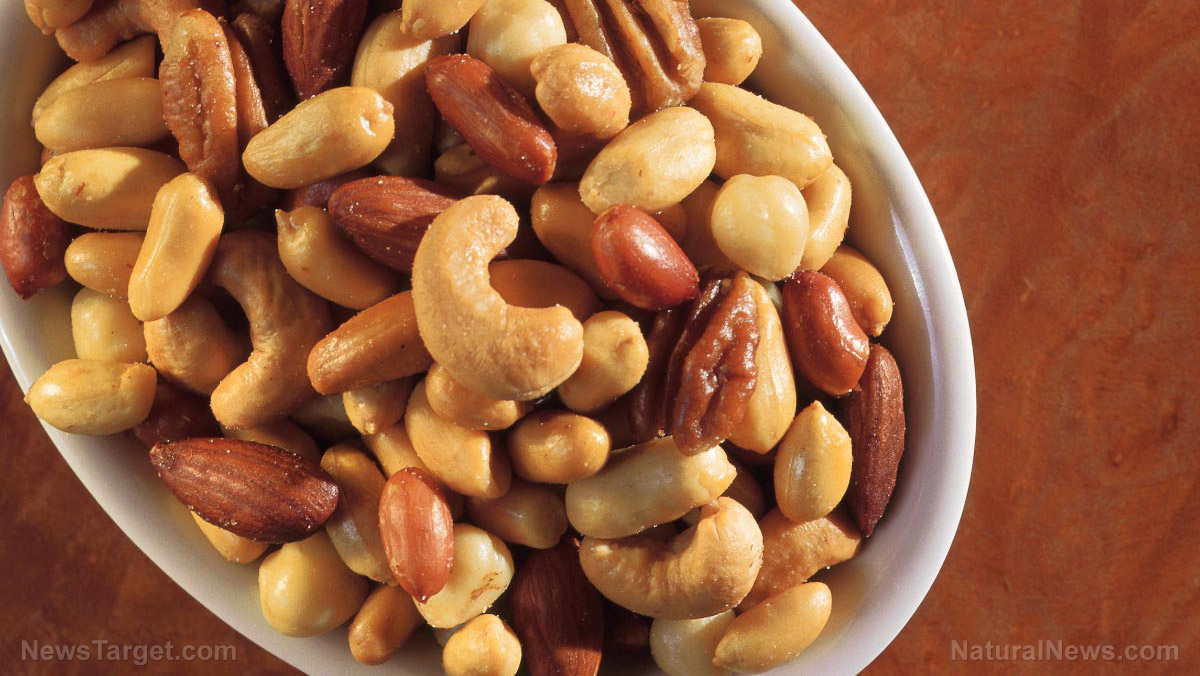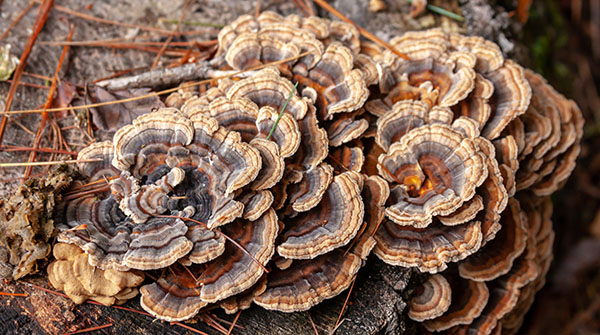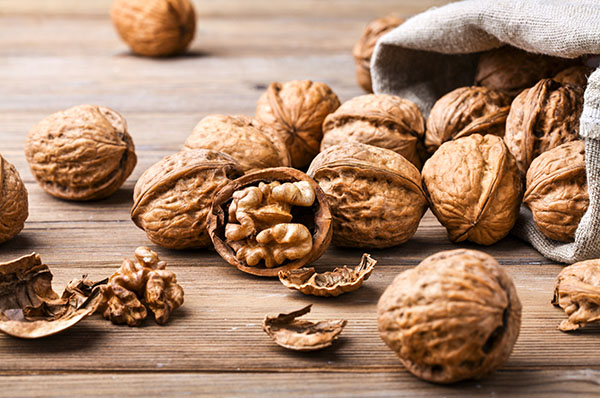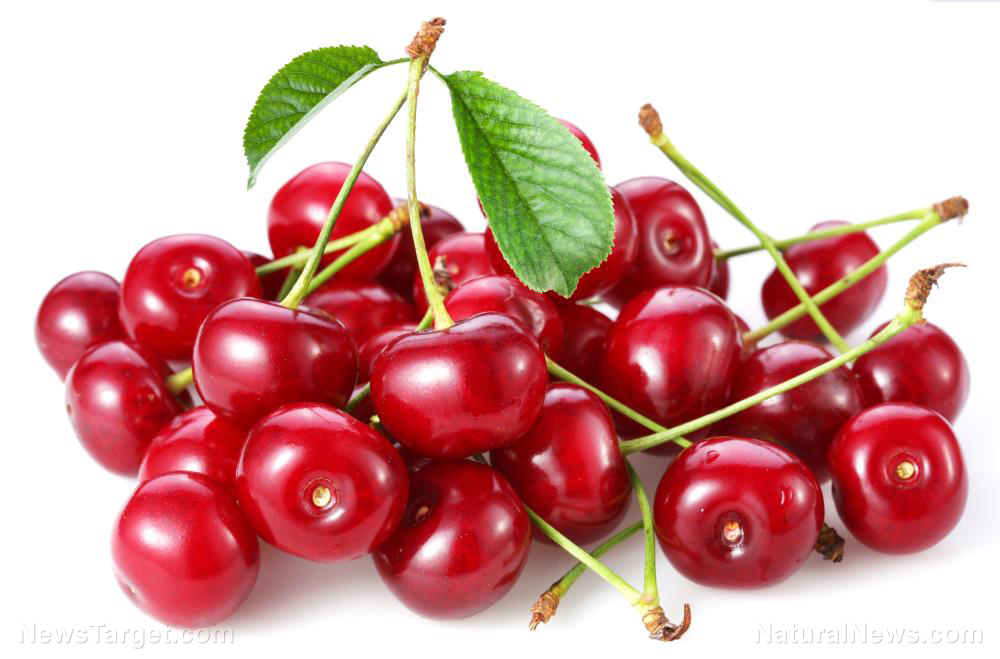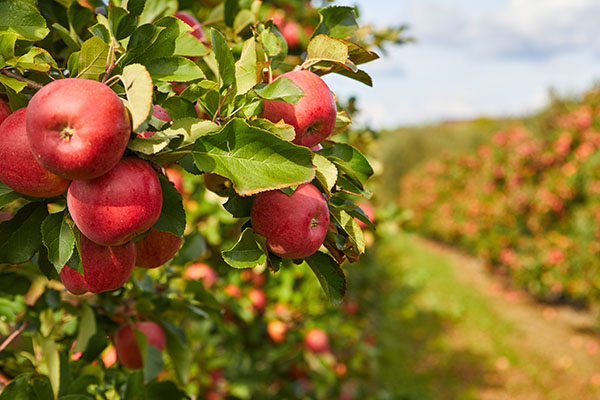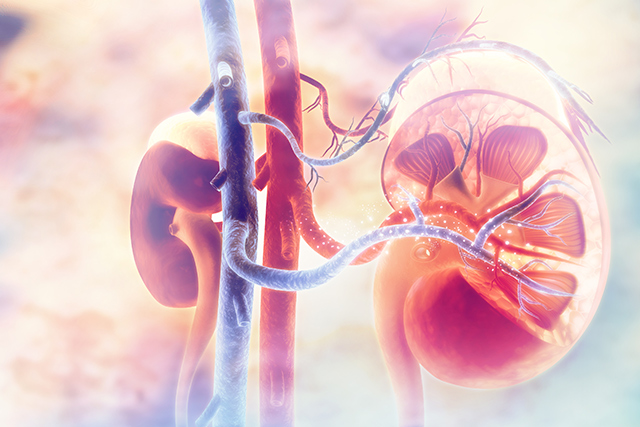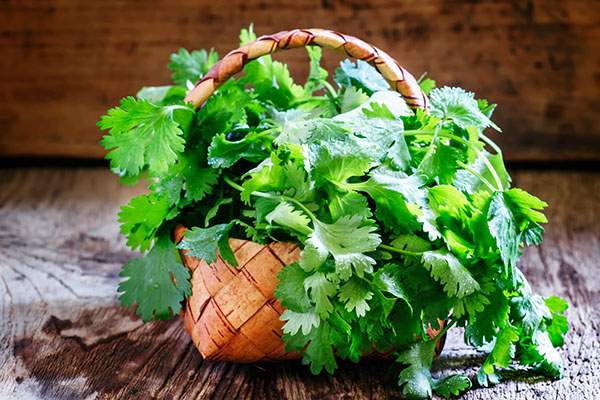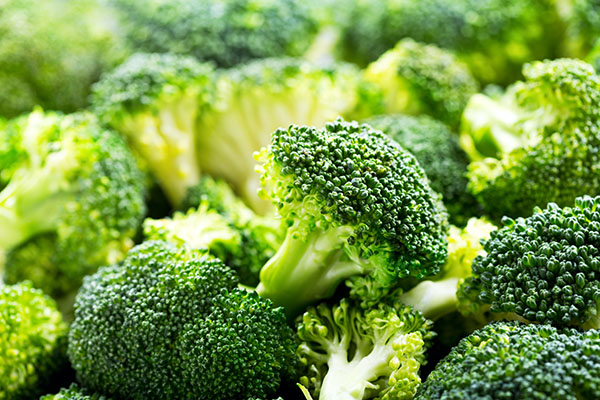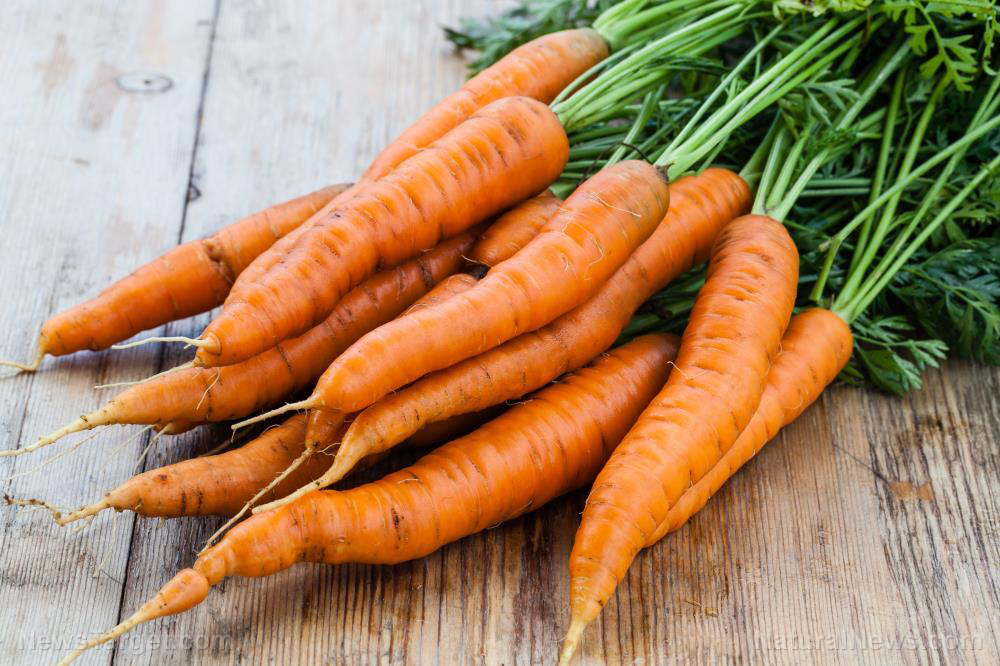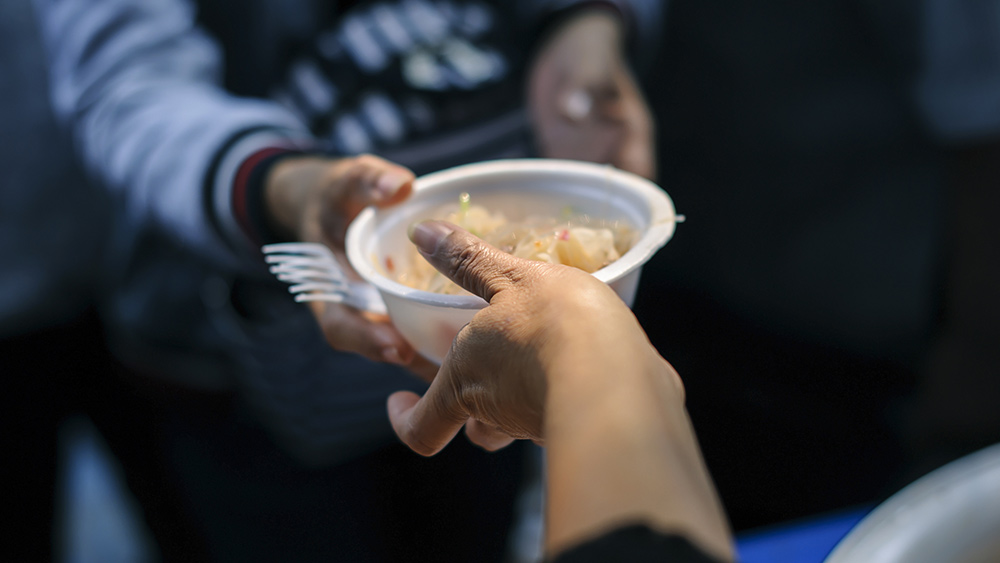Study: Regular mushroom consumption can lead to lower prostate cancer risk
07/21/2020 / By Divina Ramirez
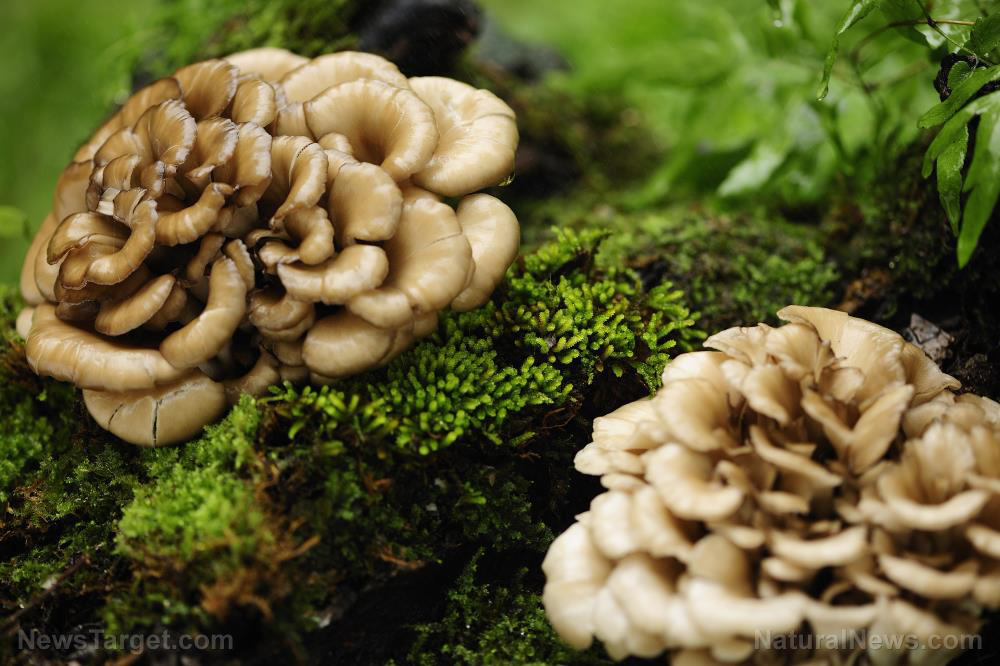
Regular mushroom consumption can lead to a 17 lower risk of prostate cancer, according to a team of researchers from Tohoku University’s School of Public Health in Japan.
Lead author and doctoral student Shu Zhang noted that the cancer-fighting effects of mushrooms appeared to be more significant in men aged 50 and older.
That said, Zhang clarified that her team did not collect information on specific mushroom species and, as such, did not elucidate the molecular mechanisms behind the fungi’s cancer-fighting effects.
Their findings have been published in the International Journal of Cancer.
Habitual mushroom consumption linked to a reduced risk of prostate cancer
To see if mushrooms are potent against prostate cancer – the second most common cancer among older men – Zhang and her team looked at the data of 36,000 men between the ages of 40 and 79 for a median period of 13.2 years. Each participant had been part of either the Miyagi Cohort Study in 1990 or the Ohsaki Cohort Study in 1994.
Upon analysis of the pooled data from both cohorts, Zhang and her team found that 3.3 percent of the participants had incidents of prostate cancer based on responses from questionnaires regarding their medical histories and their eating, smoking and drinking habits.
It also appeared that mushroom consumption is inversely related to incident prostate cancer. In particular, participants who regularly ate mushrooms once or twice a week had an eight percent lower risk of prostate cancer.
Those who ate mushrooms more than three times a week, on the other hand, had an incredible 17 percent lower risk of prostate cancer.
Furthermore, Zhang notes that these effects had been especially pronounced in men aged 50 or older and in men whose diets consisted of low fruit and vegetable intake but high meat and dairy intake.
Unfortunately, the team was unable to collect information on mushroom species involved in either cohort. As such, they could not specify the species responsible for the reductions in prostate cancer risk.
Because of this, Zhang stated that the underlying mechanisms behind the beneficial effects of mushrooms on prostate cancer remain uncertain.
Different mushroom species are potent cancer-fighting foods
Japan has one of the longest life expectancies on earth. For the most part, scientists speculate that this might be attributed to the long list of health foods and ingredients that are staples in Japanese cuisine.
For instance, foods like fish, shellfish, tubers, legumes, tea, eggs and mushrooms are hallmarks of the so-called “1975 diet” or the Japanese diet of 1975, the traditional Japanese diet reported to be the key to longevity.
Mushrooms, in particular, are one of the most popular ingredients in Japanese cuisine. In fact, mushrooms and fungi, either fresh or dried, are often used in other East Asian cuisines, too, including those of China and Korea.
Numerous mushroom species are common ingredients in herbal remedies used in traditional Chinese medicine and other ancient forms of medicine. For this reason, it should come as no surprise that mushrooms are fast becoming a topic of interest in modern science.
Mushrooms like reishi (Ganoderma lucidum) and shiitake (Lentinulua edodes), for example, are potent medicinal mushrooms for high blood pressure, bronchitis and diabetes. There are also reports of reishi being utilized as a cancer-fighting substance.
In fact, a recent article published in the journal Anti-Cancer Agents in Medicinal Chemistry found that reishi can stimulate immune cells, such as macrophages, dendritic cells and natural killer cells, to help them get rid of pathogens, carcinogens, cancer cells and other harmful biological agents that can lead to chronic conditions.
Test-tube trials also demonstrated that reishi is capable of inhibiting the proliferation of mouse skin cancer cells and human bladder and breast cancer cells.
Other medicinal mushrooms and fungi purported to possess anti-cancer properties include shiitake, cordyceps and turkey tail, among others. (Related: Cordyceps offers many health benefits and has been used medicinally for centuries.)
Taken together, these studies suggest that mushrooms can be utilized as natural treatments for cancer.
Read more articles about the cancer-fighting properties of mushrooms and other health foods at FoodIsMedicine.com.
Sources include:
Submit a correction >>
Tagged Under:
This article may contain statements that reflect the opinion of the author
RECENT NEWS & ARTICLES
COPYRIGHT © 2017 SUPER FOODS NEWS


